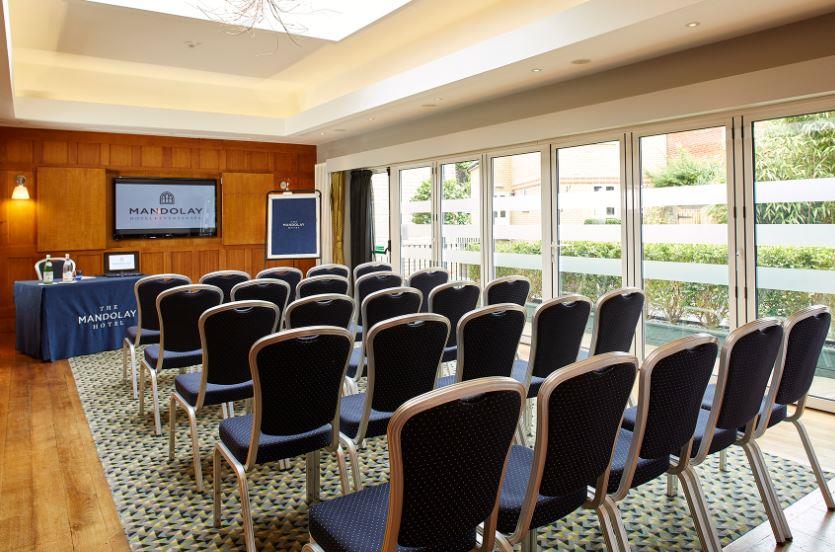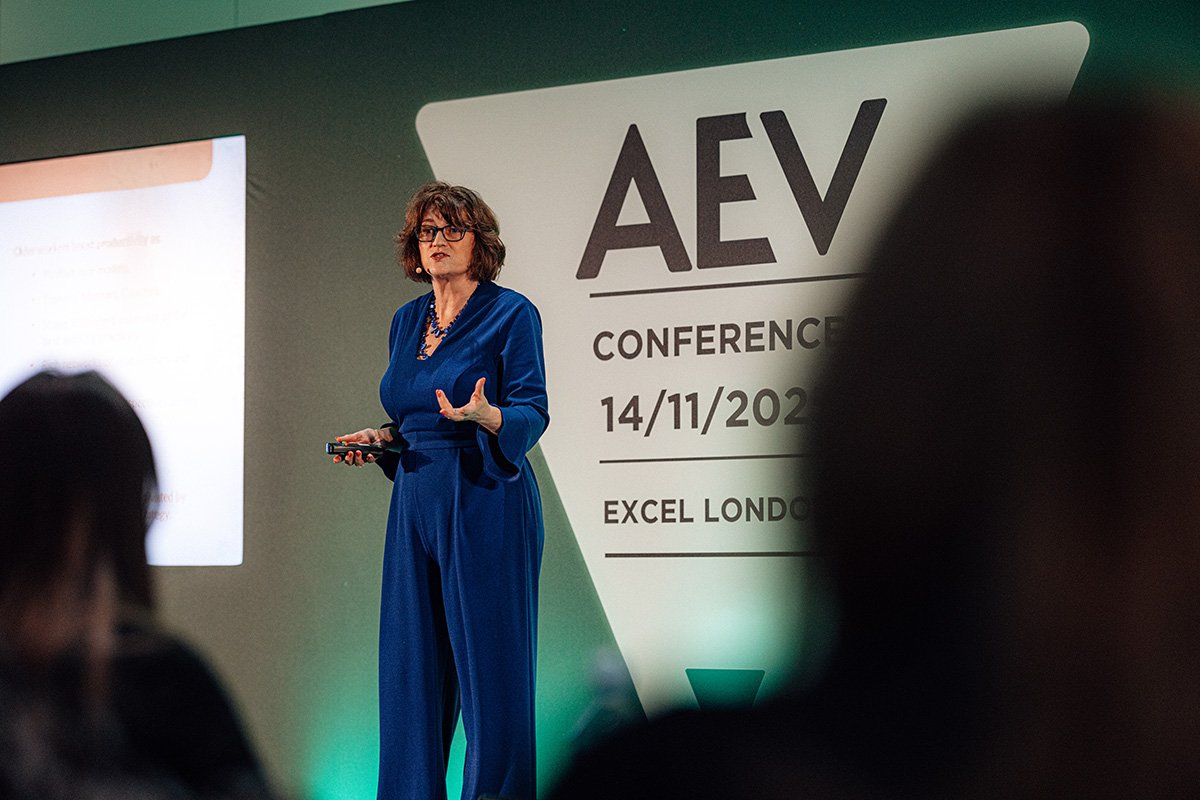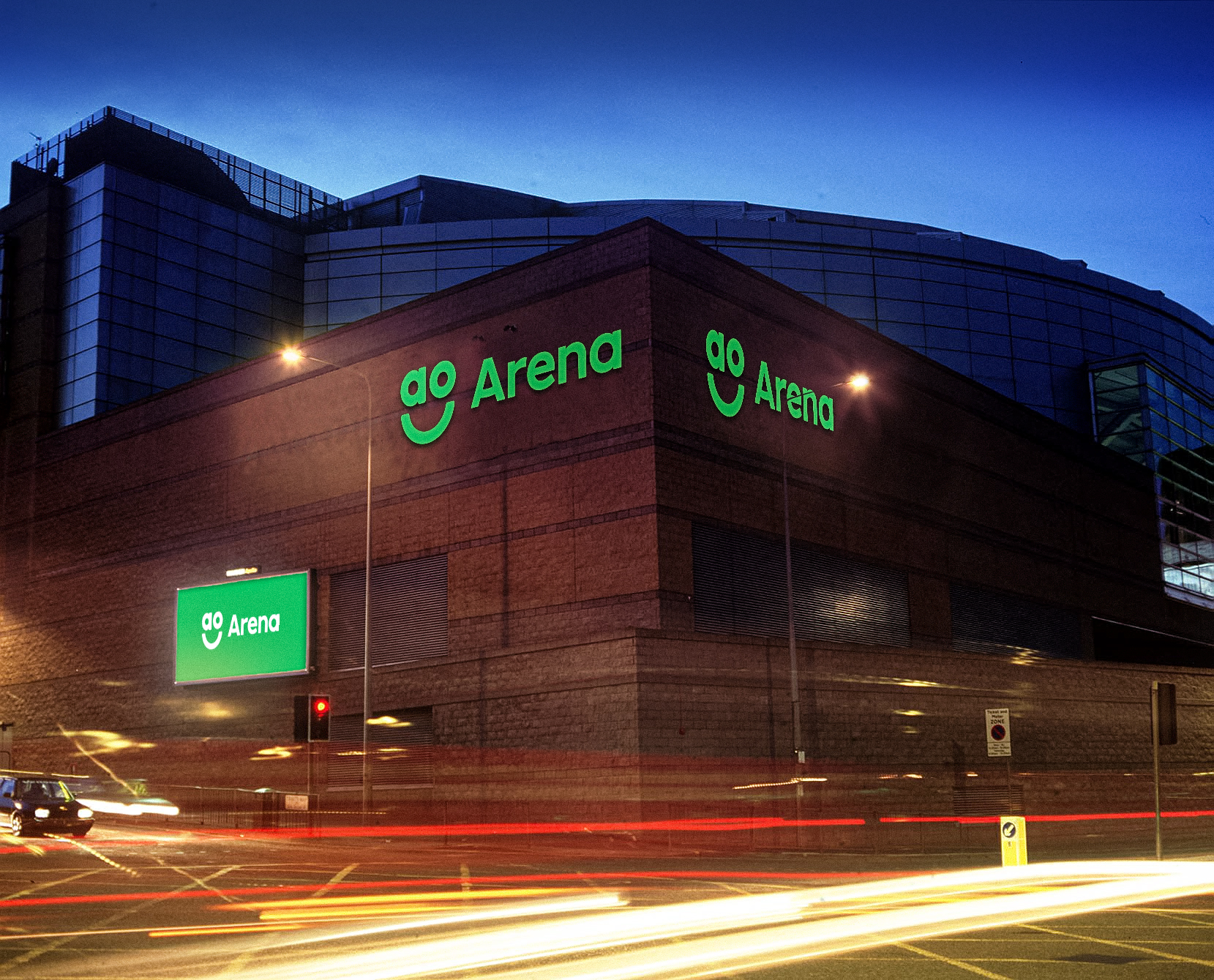Since London was selected as the host city for the 2012 Olympic Games five years ago, there has been much discussion about what the event will do for the British economy.
As well as leading to the redevelopment of a number of areas in the capital, the event is expected to boost tourism numbers and deliver lasting benefits for the country.
The city's mayor, Boris Johnson, noted earlier this year: "The Olympic and Paralympic Games are such a unique and outstanding opportunity for London and the UK with the benefits far outliving the closing ceremony."
But, he added: "We're under no illusion about the mammoth tasks ahead in planning and preparing for the world to come and experience our capital."
The Olympic Park
Much emphasis is currently being placed on building or developing the venues required to host the events, with many being located in London's Olympic Park.
Situated in Stratford in east London, the park is scheduled for completion by 2011. It will host the Olympic stadium, the Aquatics Centre and the Olympic Village, among other venues.
After the Olympics, it will be transformed into a large urban park, featuring a new university, sports facilities, housing, allotments, art work and event spaces.
New venues
One of the new venues is the National Aquatics Centre, which will act as the gateway to the Olympic Park and includes a 50 metre competition pool.
The Handball Arena is another new venue and is expected to be completed during 2011. Located in the west of the Olympic Park, the venue will host handball, goalball and modern pentathlon during the competition. After the Olympics, the venue will be used to cater for a wide range of indoor sports. More importantly for event organisers, the site will also include space where small to medium-sized events can be held.
Perhaps the most exciting of all the new venues is the Olympic Stadium. Located in the south of the Olympic Park on its own "island" site, where it is surrounded by water on three sides, the venue will host athletics during the games. Post 2012, the stadium will be used for various sporting and community events.
Jacques Rogge, International Olympic Committee president, said: "The Olympic Stadium is the centrepiece of the games because it is where, during the opening ceremony, the athletes and spectators' Olympic dreams become reality and it is also where the Games come to an end as the flame is extinguished after 16 days of exciting competition."
During the games, the newly-constructed International Broadcast Centre/Main Press Centre (IBC/MPC) will be used by 20,000 broadcasters, photographers and journalists. Post 2012, the IBC/MPC will feature 80,000sq m of business space with the potential to generate thousands of new jobs.
The London Park Legacy Company is tasked with ensuring that the Olympic Park continues to play a role in the community and is hoping to attract businesses, events, sporting competitions and festivals to the area after the games take place.
Existing and temporary venues
A number of existing venues will also be used during the venues, including Earls Court, which will host the indoor volleyball competition. After the Olympics, the venue will revert back to hosting exhibitions and other shows.
Another London exhibition and conferencing space, Excel, will be used during the games and will host a variety of sporting competitions, including boxing, fencing and judo.
Wembley Stadium is also being used during the games and will revert to holding concerts, sporting games and concerts post 2012. Its resources include facilities for conferences for up to 1,000 people, while it can hold receptions for 3,000 people.
Various temporary structures are also being created, including the Basket Ball Arena, while the Royal Artillery Barracks will include short-term indoor ranges.







